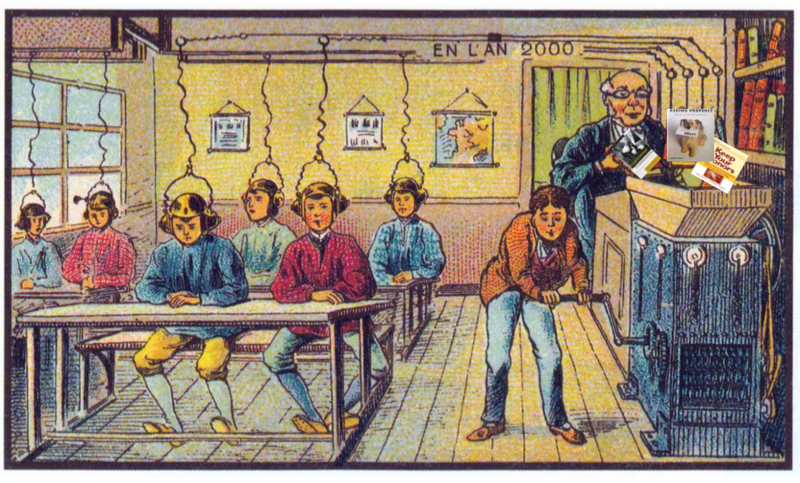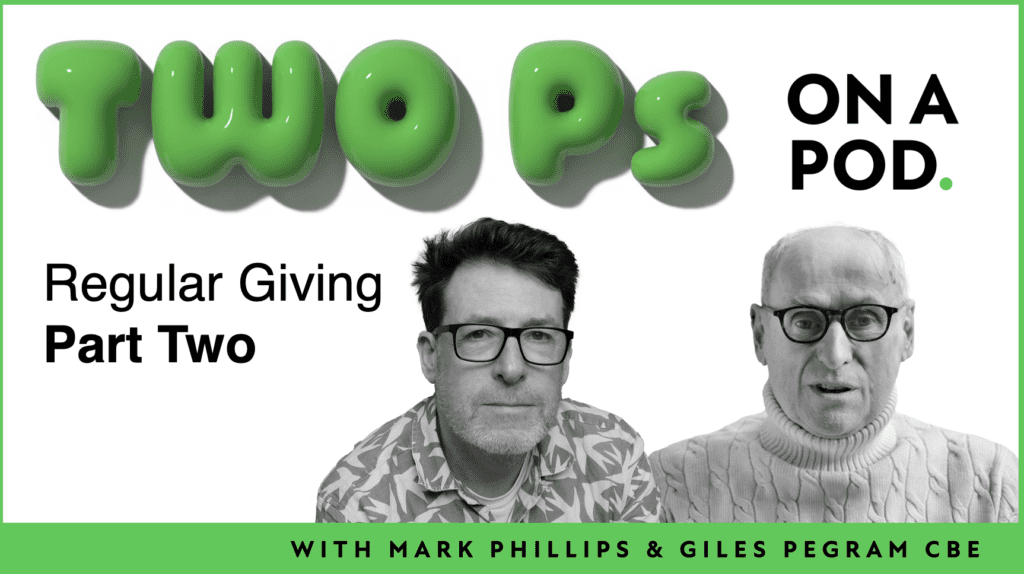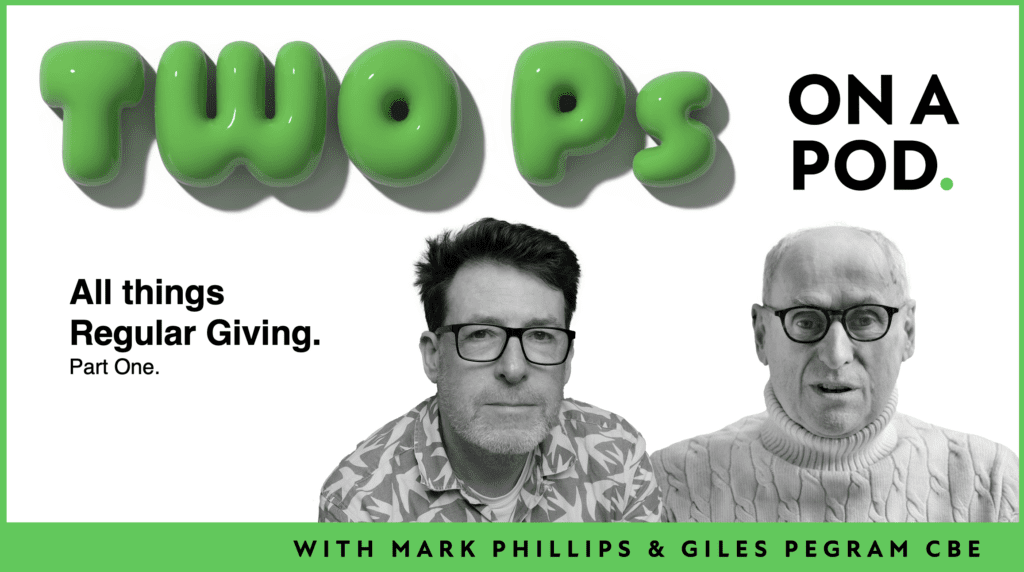How to resolve the fundraising crisis for less than £200
One of my biggest frustrations is that in the drive to "professionalise" our sector, the need to actually learn about fundraising is often ignored.
Instead of focusing on what donors need from charities, too many fundraisers have adopted expensive and wholly unnecessary corporate style re-brands or leapt in to new technology without even thinking if it was going to enhance the donor experience. And don't even get me started on the newly arrived commercial marketeer who wants to 'break the mould' before they even begin to understand what it is.
The result is that we have pushed donors away from us. We have turned charities that donors once loved into organisations that they hardly recognise. The fundamental question that seems to have escaped the sector following this summer's crisis, is why have so few donors spoken out to defend us?
I wholeheartedly support Giles Pegram's Commission on the Donor Experience, but we should remember that wheels do not need to be reinvented.
So whilst we await the Commission's report, can I respectfully suggest that anyone who works in fundraising or charity communications (including the brand team) will get a great head-start if they read the following books. I can assure you the ideas and approaches you'll read about really do work.
Asking Properly – George Smith (£28.50)
Relationship Fundraising – Ken Burnett (£34.99)
Keep your Donors – Tom Ahern and Simone Joyaux (£47.52)
The Fundraiser's Guide to Irresistible Communications – Jeff Brooks (£13.62)
Retention Fundraising – Roger Craver (£30.19)
How to Love Your donors (to Death) – Stephen Pidgeon (£28.80)
(If you think I've missed any books off the list, please feel free to add them in the comments).
Tags In
Related Posts
6 Comments
Comments are closed.
The Essentials

Crack the Code to Regular Giving: Insights, Strategies, and a Special Giveaway!

‘Tis Halloween. Keep to the light and beware the Four Fundraisers of the Apocalypse!

Why do people give? The Donor Participation Project with Louis Diez.

A guide to fundraising on the back of a postcard

What does the latest research tell us about the state of fundraising?







Hi Mark,
Thank you for your support. I certainly agree we shouldn’t be reinventing wheels. We should be identifying best practice, distilling it, sharing it and promoting it.
Your selection of great reading is impeccable. There is nothing I would remove. I would add one. “The Tiny Essentials of Donor Loyalty”, by Professor Adrian Sargeant. Short but incredibly astute, and very readable. Published by White Lion Press.
Best, Giles
What a list!! I would add It’s Not Just About the Money How to build authentic donor relationships, written by Richard Perry & Jeff Schreifels.
As always you speak a lot of sense. Two quick comments late at night (which might not be the best time to comment when brain is tired after a day of meeting donors and volunteers).
I am concerned about the Commission on Donor Experience which might be diverting a focus from the Insittute of Fundraising which for me Giles and Ken was the instrument we all founded to encourage best practice in terms of training fundraisers to be brilliant.
I am worried about the assumption that donors want relationships when most of the best donors do not want a relationship in the way we as fundraisers define it.
The best donors (who end up leaving a legacy) do not want never ending asks
The best donors do not want or need a persistent “thank you”
The best donors only want to know they have made a change which is NOT the same as wanting a relationship.
The NEED for a relationship is born by a fundraiser and never a donor.
Thanks for your comment Alex. The issue with many large charities is that they have decided to build significant reserves instead of allocating those funds to help beneficiaries. That might suggest that the balance is perhaps leaning towards the commercial.
Hi Mark
I’ve just stumbled across this blog and i’m transfixed! I’m relatively new to fundraising and am working my socks off, trying to stabilise the finances for a small charity that myself and some friends have set up. I am wondering which of the above books you would recommend as a first read?
All are great but I always default to asking properly by George smith.